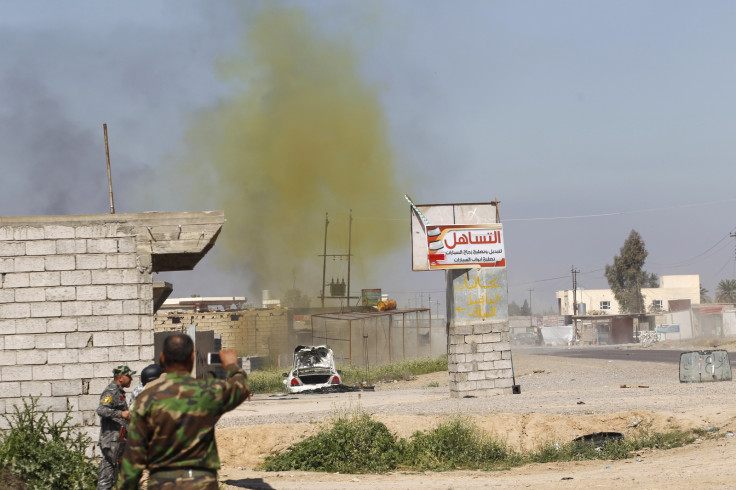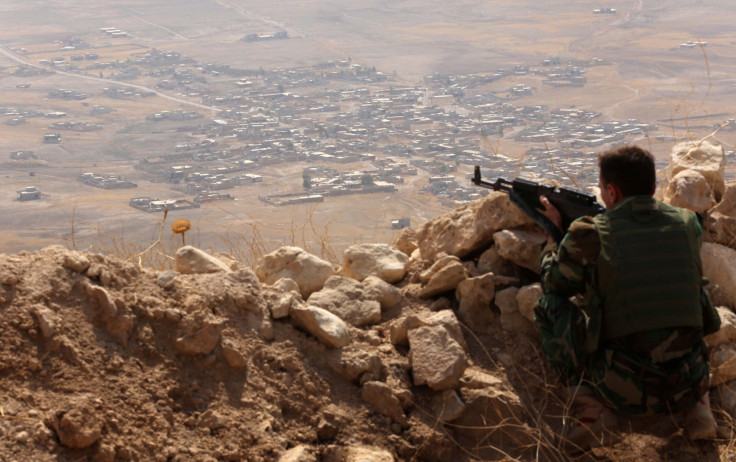Isis in Iraq: UN 'concerned' over mustard gas use by Islamic State militants

The UN's chemical weapons watchdog has expressed deep concern over the use of weaponised mustard gas by Islamic State (Isis) forces against Kurdish Peshmerga.
The Organisation for the Prohibition of Chemical Weapons said in a statement that "recent reports of possible use of chemical weapons in Iraq by non-state actors are a matter of serious concern".
Senior US officials said IS militants likely used mustard gas against Kurdish forces, the first time the extremist group has been known to have acquired the banned chemical weapon,' on 13 August.
The unnamed officials, quoted in the Wall Street Journal said the mustard gas was most likely acquired in Syria where the Assad Regime is known to have possessed large quantities of the banned agent.
The UN body said it was in contact with the government of Iraq and will examine any substantive reports it receives including pertinent information that might be shared by other state parties
The development is deeply concerning for US-led coalition air forces battling IS across its vast swathes of territory in Iraq and Syria and for Kurdish forces on the ground.
The use of mustard gas also raises questions over US intelligent shortfalls in Iraq and Syria and what other caches of chemical weapons Isis may have uncovered.

A spokesman at the German Ministry of Defence first raise the prospect of the use of chemical weapons by IS after 60 members of the Peshmerga were found to have injuries – burns to their throats – consistent with a chemical weapon attack.
The attack took place 40 miles southwest of Erbil, the capital of Iraqi Kurdistan, on 12 August.
US officials told the Wall Street Journal the weapons could have been acquired in Iraq but the Bashar Al-Assad regime likely did not destroy all of its mustard gas in earthen pits as it had claimed in 2013. Inspectors said they had been unable to verify the destruction in subsequent missions.
Intelligence operatives expressed concern at the time that the weapons could fall in the hands of extremists. IS has used chlorine gas in the past, however the chemical is not banned in its un-weaponised form.
The Assad regime, which has been accused of using chemical weapons against opposition areas in Damascus in 2013, still retains stores of deadly VX and Sarin gas. Both are far more potent and deadly than mustard, gas which must be released in concentrated amounts to be fatal.
The White House has been warned that Assad's Allawite regime could use the deadly chemical weapons to defend its last positions if the Syrian civil war developed in that direction.
© Copyright IBTimes 2025. All rights reserved.






















